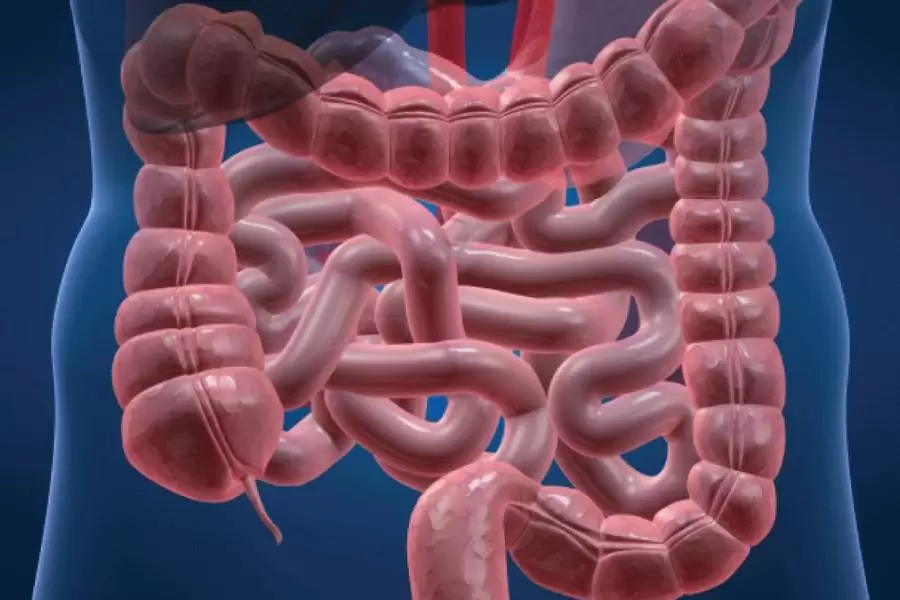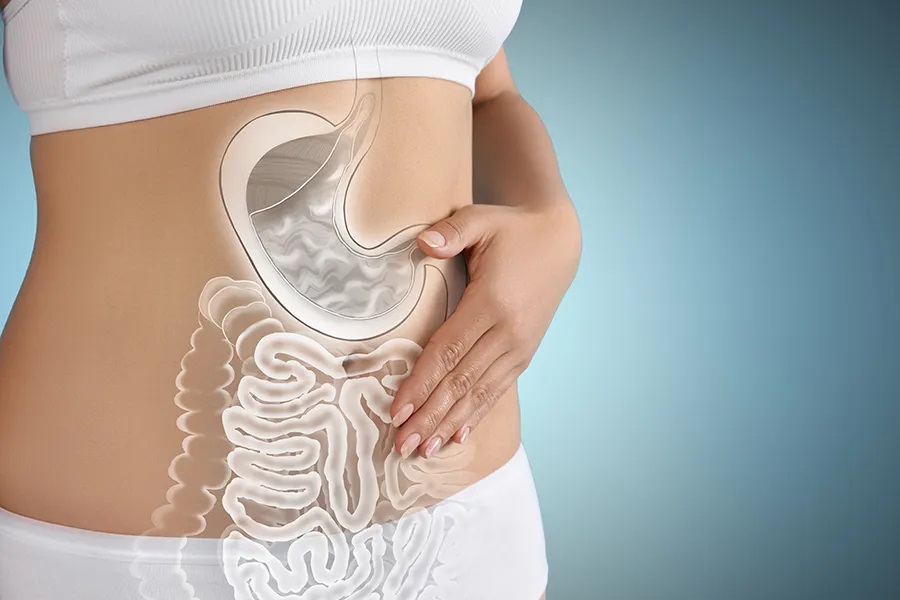It may seem surprising, but your poop can reveal more about your mental health than you’re probably aware of. The gut and the brain are closely connected, thanks to a communication network known as the gut-brain axis. This relationship explains why feelings of stress, anxiety, or even joy can influence your digestive system and vice versa.
The Gut-Brain Connection

The gut is often referred to as the “second brain” because it houses millions of neurons and plays a critical role in your overall health. These neurons communicate with your central nervous system through chemical messengers such as neurotransmitters, including serotonin. Interestingly, about 90% of the body’s serotonin is produced in the gut. This means that what’s going on in your digestive system can have a direct impact on how you feel emotionally.
When you’re stressed or anxious, your body releases hormones like cortisol, which can disturb the balance of bacteria in your gut. This imbalance, known as dysbiosis, may lead to a variety of digestive issues such as diarrhea, bloating, or constipation. Over time, this gut turmoil can further affect your emotional state, creating a cycle where stress impacts digestion, and digestive issues fuel more stress.
How Stress Affects Your Bowel Habits?
Stress doesn’t just change how you feel, it can significantly alter your bowel habits. Have you noticed how some people experience an upset stomach or frequent bowel movements before an important event? This is due to the stress-induced activation of your gut’s nervous system.
Chronic stress, on the other hand, can lead to longer-lasting changes in your digestive health:
- Diarrhea: High stress levels speed up digestion, resulting in less time for water absorption, which can lead to loose stools.
- Constipation: When you’re in “fight or flight” mode, digestion slows down to conserve energy for perceived threats, which can leave you constipated.
- Bloating/Gas: Anxiety can disrupt gut motility (how your intestines move food), leading to uncomfortable bloating and gas.
These changes in your stool aren’t random; they’re your gut’s way of signaling that your mental health needs attention.
What Your Poop Says About Your Mental Health?
Changes in your gut habits don’t always point to physical health issues.
Here’s what your bowel habits might be telling you about your emotional state:
- Irregularity: Alternating between diarrhea and constipation may indicate high levels of anxiety or chronic stress.
- Loose Stools: Frequent diarrhea could suggest that your stress levels are running high.
- Constipation: Difficulty passing stools might be linked to suppressed emotions or prolonged worry.
- Mucus in Stool: This can be a sign of inflammation, often exacerbated by stress or poor mental health.
If inconsistent or concerning bowel habits persist, it’s important to consult a healthcare provider to rule out underlying medical conditions before addressing stress as the primary cause.
Tips for Improving Gut and Mental Health
The key to a healthier gut and a better headspace lies in harmonizing your physical and emotional health. Here are some actionable tips to help:
- Stress Management: Incorporate relaxation techniques such as mindfulness, yoga, or deep breathing exercises to calm your nervous system and support gut function.
- Eat a Gut-Friendly Diet: Focus on whole, plant-based foods and fermented products like yogurt or kimchi. These support beneficial gut bacteria, which positively impact your mood.
- Regular Exercise: Physical activity stimulates your gut and releases endorphins, the body’s natural “feel-good” chemicals.
- Sleep More: Poor sleep disrupts the gut-brain axis. Aim for 7-8 hours of quality sleep to give your body and mind time to recover.
- Talk it Out: Therapy or counseling can help you unburden emotional stress, which often reflects in your bowel health.
Conclusion
Your poop is your body’s way of communicating with you. By paying attention to the connection between your gut and your emotions, you can recognize when stress or anxiety might be taking a toll on your digestive health. With the right habits and support, you can nurture both your gut and your mind, setting the stage for improved overall health and a happier you.




